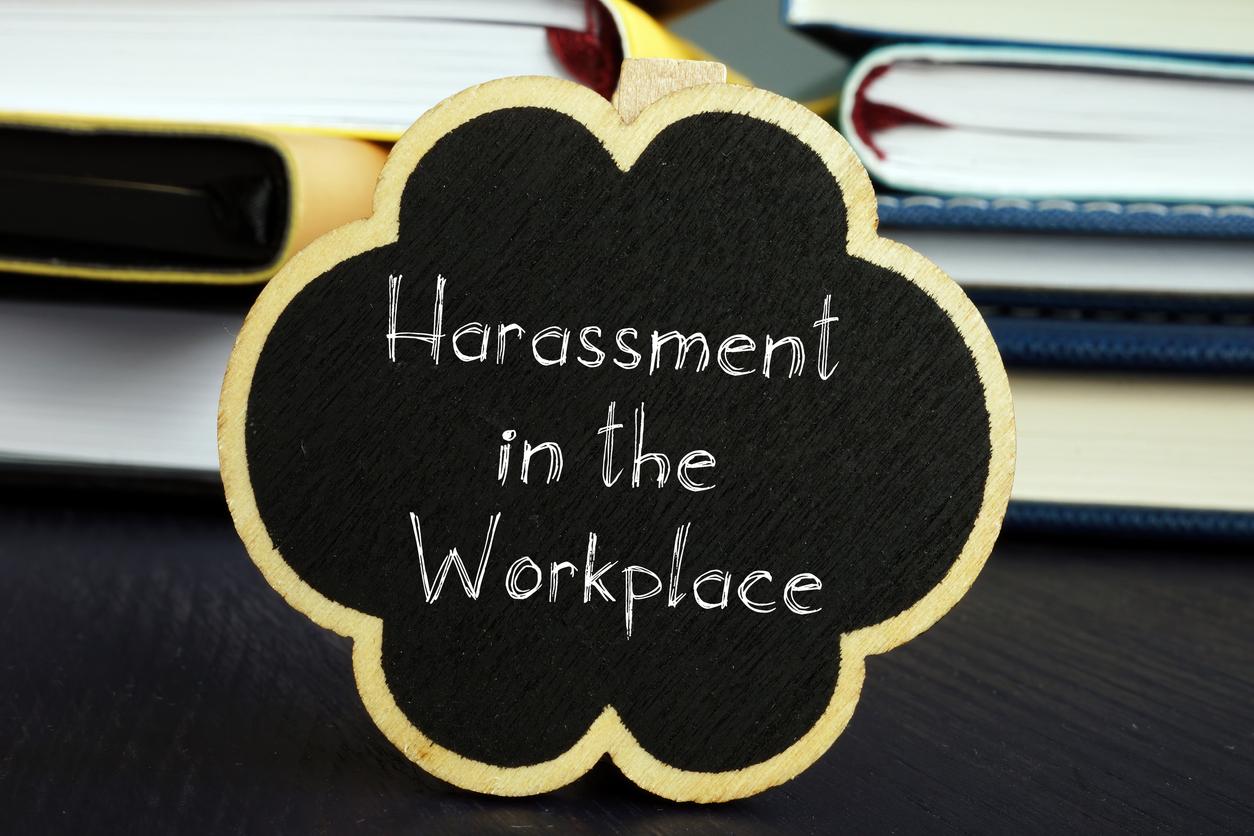Different Types of Workplace Harassment & Creating a Legal Case Against It
Workplace harassment is a widespread problem throughout the States, and some types of workplace harassment are illegal. However, even the most conscientious HR may miss a sign of possible harassment in the office. We, at Legal Chiefs, believe that both employees and employers should be able to identify the most common types of workplace harassment and take the right measures. Below, on this page, you will find more information about how to recognize workplace harassment and how to handle the situation.
#1. Discriminatory Harassment
Discriminatory harassment is defined by its intentions instead of how it’s carried out, unlike verbal or physical harassment. Also, all the illegal workplace harassment types are discriminatory, and below you can find their most common forms.
Racial Harassment
When someone is bullied because of their race, skin color, ancestry, origin country, or citizenship, they can file a legal against their bullies, and even perceived attributes of a certain ethnicity including curly hair, customs, accents, beliefs, or clothing may be the cause.
Gender Harassment
Negative gender stereotypes about how men and women should or do act are often the center of the harassment, but every discriminatory behavior toward a person based on their gender is worth the attention.
Religious Harassment
Religious harassment narrows in specifically on the victim’s religious beliefs. In the most common cases, this is a result of intolerance towards religious holidays and traditions. Also, sometimes an individual could be a victim of religious jokes or being pressured to convert their religion.
Disability-Based Harassment
This is a type of workplace harassment directed toward individuals who either:
● Use disability services (workers’ comp or sick leave included)
● Are acquainted with a disabled person
● Suffer from a disability themselves
Sexual Orientation-Based Harassment
Gaining traction and recognition as a legitimate type of workplace harassment in recent years, sexual orientation-based harassment is a reason to file a legal case.
Age-Based Harassment
Employees over the age of 40 are specifically protected by the Civil Rights Act of 1964 in an attempt to promote the employment of older people and reduce age-based harassment.
#2. Personal Harassment
Personal harassment is not illegal but can be damaging, which is a good enough reason to seek professional help or filing a legal case. The most common examples of personal harassment include:
● Offensive jokes
● Inappropriate comments
● Critical remarks
● Personal humiliation
● Intimidation tactics
● Ostracizing behaviors
#3. Physical Harassment
Also referred to as workplace violence, physical harassment involves physical attacks or threats, and in some extreme cases, it can be classified as assault. Common behaviors include:
● Destroying property
● Threatening behavior and direct threats
● Physical attacks
While these can happen in any workplace environment, some industries are at higher risk. These include healthcare workers, social services employees, peace officers, teachers and educators, retail staff, and public transit drivers.
#4. Power Harassment
Another common situation where harassers often exercise their power by bullying an employee who is lower on the office hierarchy. In many cases those harassers are supervisors or managers, victimizing their subordinates.
#5. Psychological Harassment
Any damage to a person’s psychological well-being often creates a domino effect, leading to physical health issues, and this is why psychological harassment deserves attention. Common examples are:
● Opposing or challenging everything the victim says
● Discrediting or spreading rumors about the victim
● Belittling or trivializing the victim’s thoughts
● Isolating or denying the victim’s presence
#6. Cyberbullying
The convenience of instant messaging applications come with downsides as online bullies may take advantage of the speed and convenience a given app provides, resulting in:
● Harassing messages sent directly to the victim
● Spreading lies/gossip on social media
● Humiliating mass email or mass chats
While the federal law is not yet covering “cyberbullying”, the Department of Justice has noted that legal action is possible by prosecuting online misbehavior under another law.
#7. Sexual Harassment
It’s a form of unlawful discrimination and is taken seriously by the courts and common examples of sexual harassment include:
● Invading personal space in a sexual way
● Inappropriate sexual gestures
● Inappropriate sexual touching
● Sexual comments, jokes, questions
● Posting sexual posters
● Sharing sexual photos (pornography)
Dealing with Workplace Harassment
The best way of dealing with workplace harassment is to avoid it. However, regardless of how good your recruitment is, some industries are more vulnerable than others, especially when there are third parties involved.
In other words, even with the best work policies and dedicated staff, workplace harassment can happen. Suppose you are having any doubts about possible workplace harassment. In that case, we at Legal Chiefs, advise you to seek professional help, and our goal is to connect people with experienced employment attorneys, all over the USA.
Find An Employment Law Attorney

